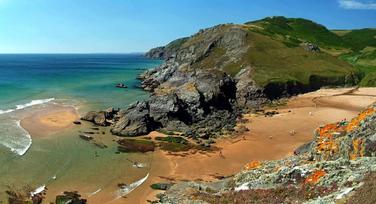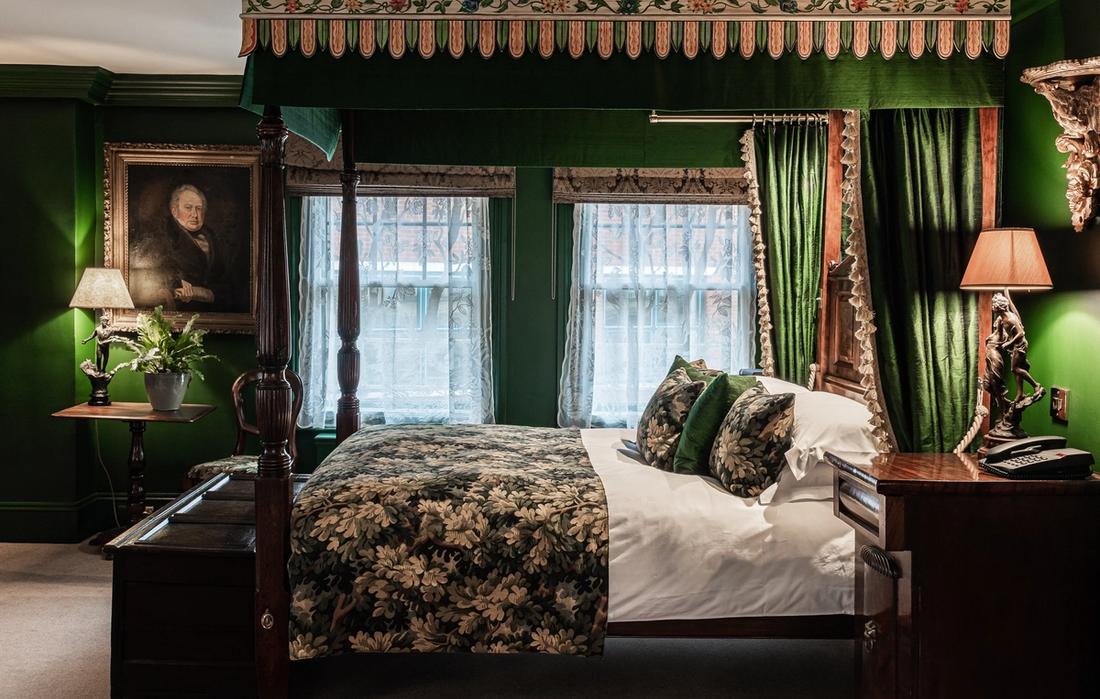The Good Hotel Guide is the leading independent guide to hotels in Great Britain & Ireland, and also covers parts of Continental Europe. The Guide was first published in 1978. It is written for the reader seeking impartial advice on finding a good place to stay. Hotels cannot buy their way into the Guide. The editors and inspectors do not accept free hospitality on their anonymous visits to hotels. All hotels in the Guide receive a free basic listing. A fee is charged for a full web entry.
The Good Hotel Guide
About Us
Independent
Recommended
Trusted
Independent
Recommended
Trusted

Booking madness
All blog posts
3 minutes
3 Mar 2018
Booking madness
All blog posts
3 minutes
3 Mar 2018
By Adam Raphael

Online travel agents account for half of all European hotel bookings. The commissions levied, ranging from 15% to 35% on each booking, amount to a lucrative world-wide business worth more than $1 billion a year. Booking.com and its competitors are super-efficient; millions of travellers rely on their slick websites. But their hefty fees lead to a cycle of dependency and higher bills. Why are hotels allowing a third party to eat their lunch?
It is a question that needs answering not just by hoteliers. Many guests are unaware that by booking through an online agent, they will often get a worse deal than if they had booked directly with the hotel. The widespread belief that the best deals are only found on line is fuelled by the OTAs’ hard marketing tactics which include claiming discounts which are not based on actual room rates. OTA websites also like to scare guests with claims of ‘only two rooms left’ when in fact the hotel has many free but has chosen not to make them available on a commission basis. No less damaging for hotels, OTAs will often falsely claim that there are no rooms available when the truth is that the OTA has no rooms available on its website for that particular hotel.
The way search results are presented by Google and other search engines does not help. OTAs invariably dominate the rankings, helped by huge marketing budgets. The result is that when travellers choose from first page search results, they often do not realise that they are booking through an OTA. A survey by the American Hotel and Lodging Association found that nearly a quarter of travellers had been deceived in this way, a four-fold increase over a previous survey three years ago. And even fewer travellers realise that the vast, apparently fiercely competititve OTA market is, in fact, dominated by two huge American corporations, Expedia and Priceline, which control 95% of the business. Expedia has thousands of online affiliates including Trivago, Tripadvisor, Travelocity, Hotwire and Hotels.com. Priceline, likewise, has numerous subsidiaries trading under different names from Kayak and Booking.com to Agoda, and Rentalcars.com.
The dominance of these two companies calls for vigilance, but so far politicians have muttered but been reluctant to act. The Competition and Markets Authority (CMA) has published a preliminary study which suggests that many of these online booking sites are abusing their dominant position by misleading travellers and flouting consumer law. Among the concerns highlighted by the CMA study are hidden charges, false discounting, pressure selling and the way search results are influenced by commission payments.
Hotels could do much more to help themselves, not least by by promoting the merits of booking directly. OTAs are able to suck huge sums from the hospitality industry because they meet a need. Too many otherwise good hotels are poor marketeers. Their websites are badly designed, their photos are fuzzy, their booking systems are amateurish and above all they have little idea how essential it is to spend in order to promote themselves to a wider audience. The OTAs with their slick websites and efficient operations fill this vacuum.
The Good Hotel Guide has always urged its readers to book directly with hotels. That way they are likely to get a better deal. We encourage this by including 25% discount vouchers in each copy of the print edition and enabling GHG website users to print 10% discount vouchers for use in participating hotels. More than 150 GHG selected hotels take part in these schemes. I wish more would.


